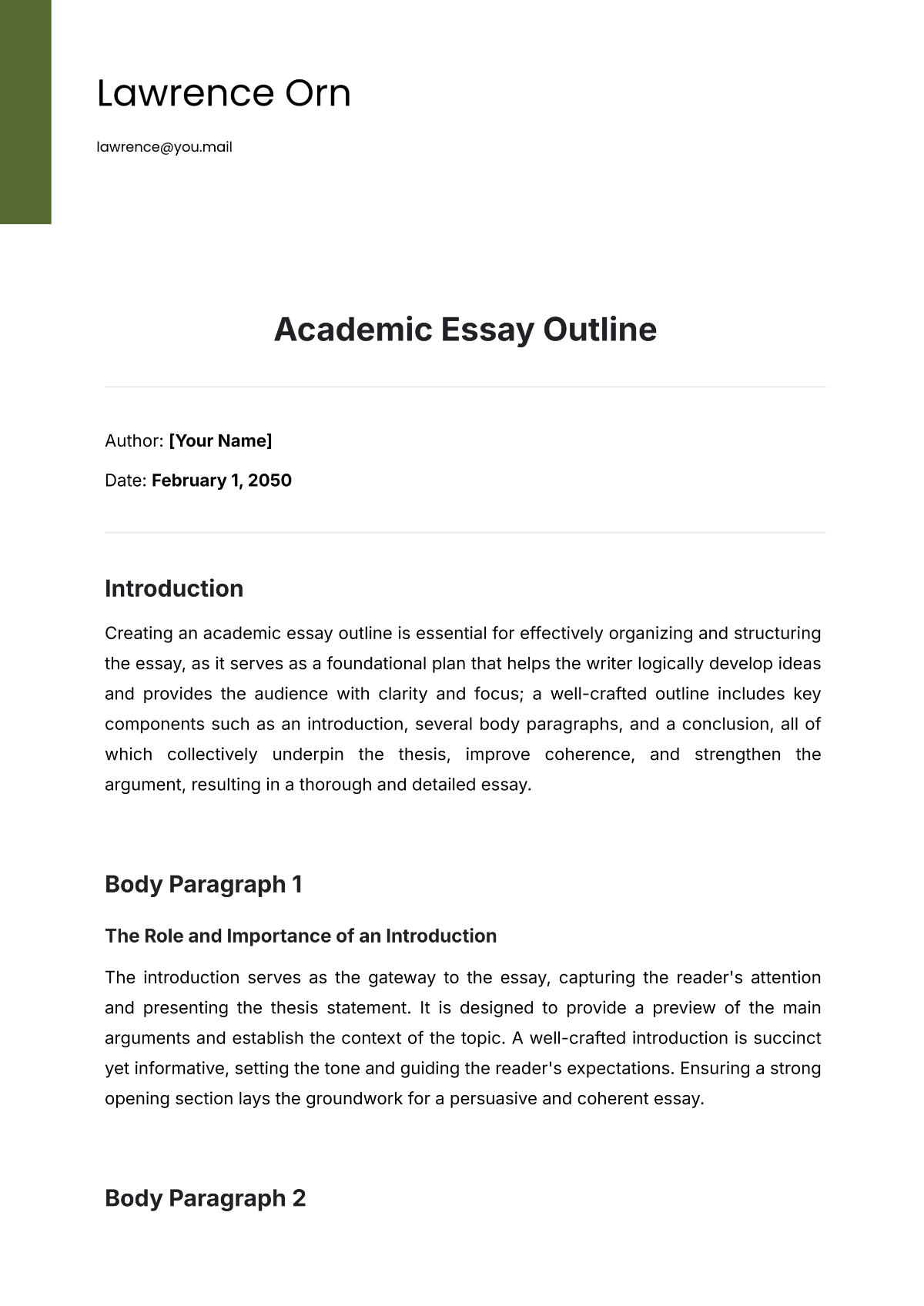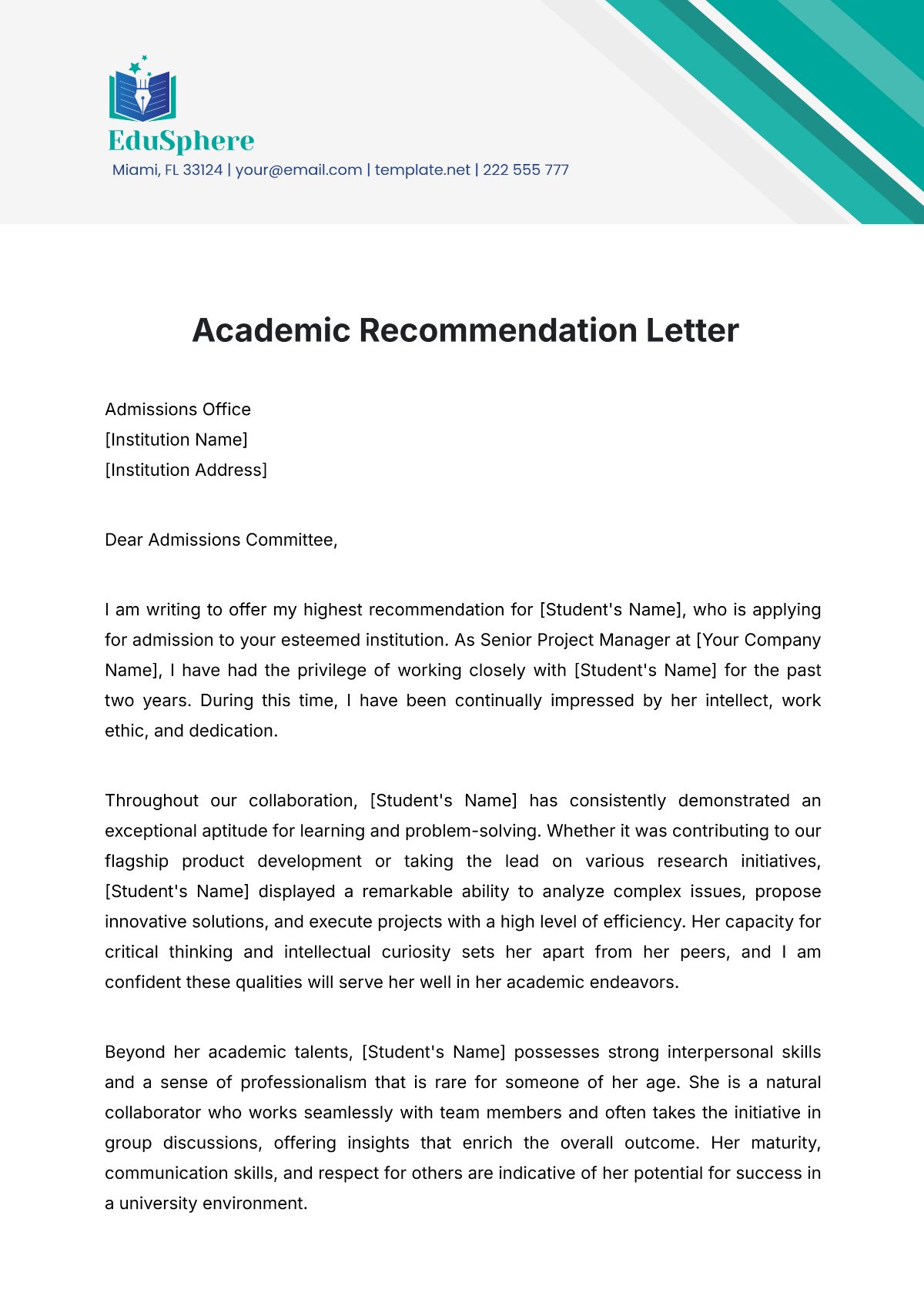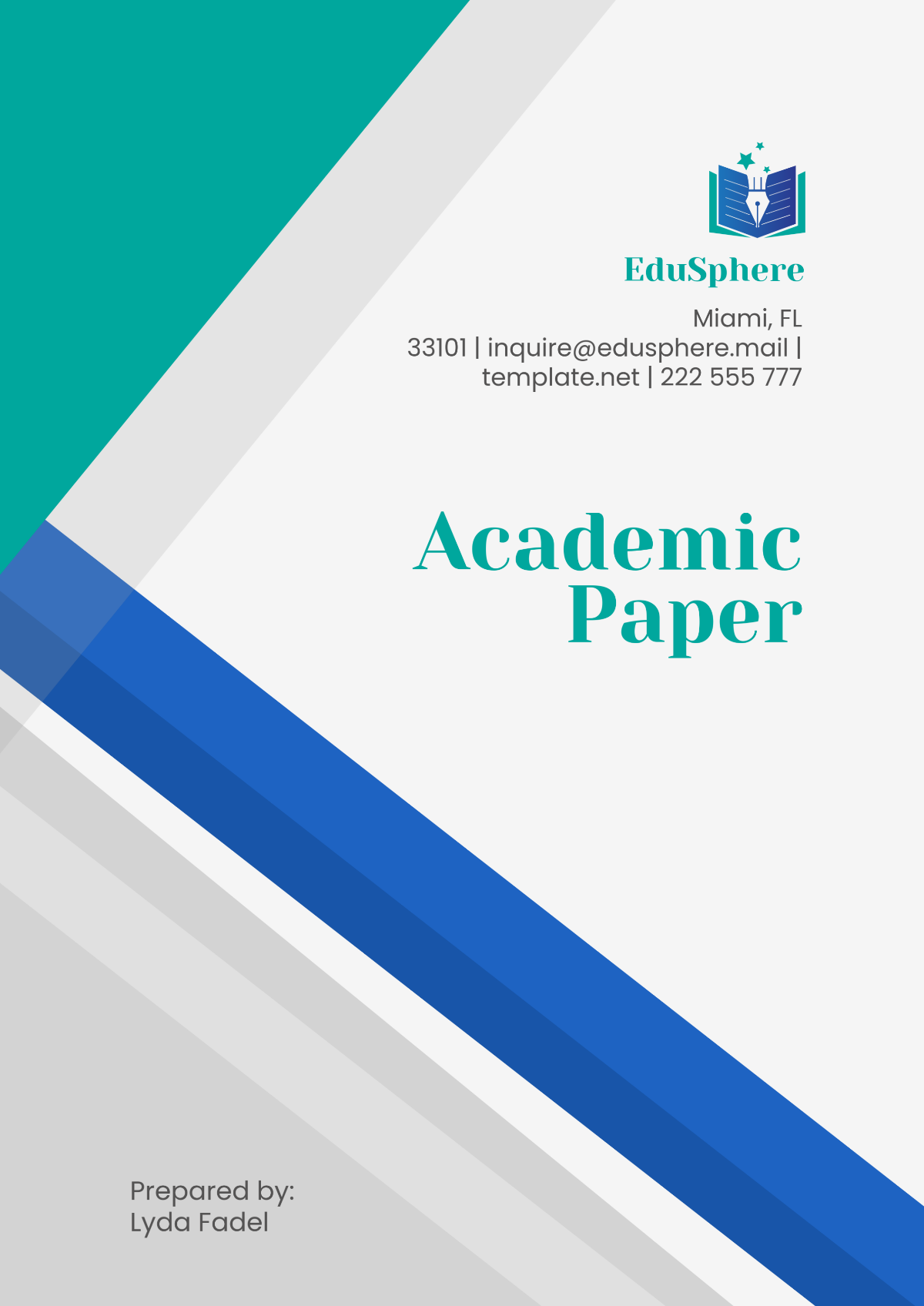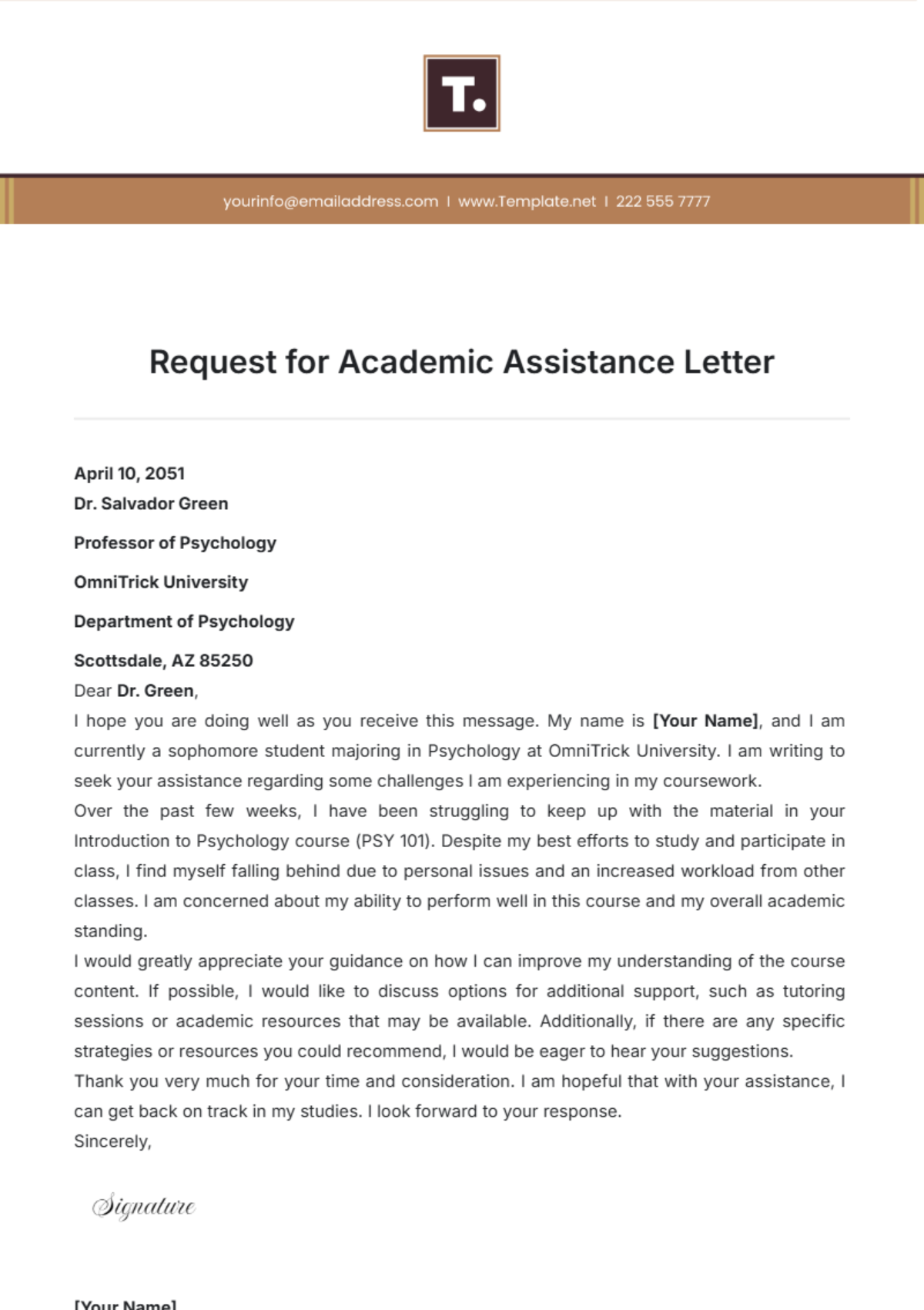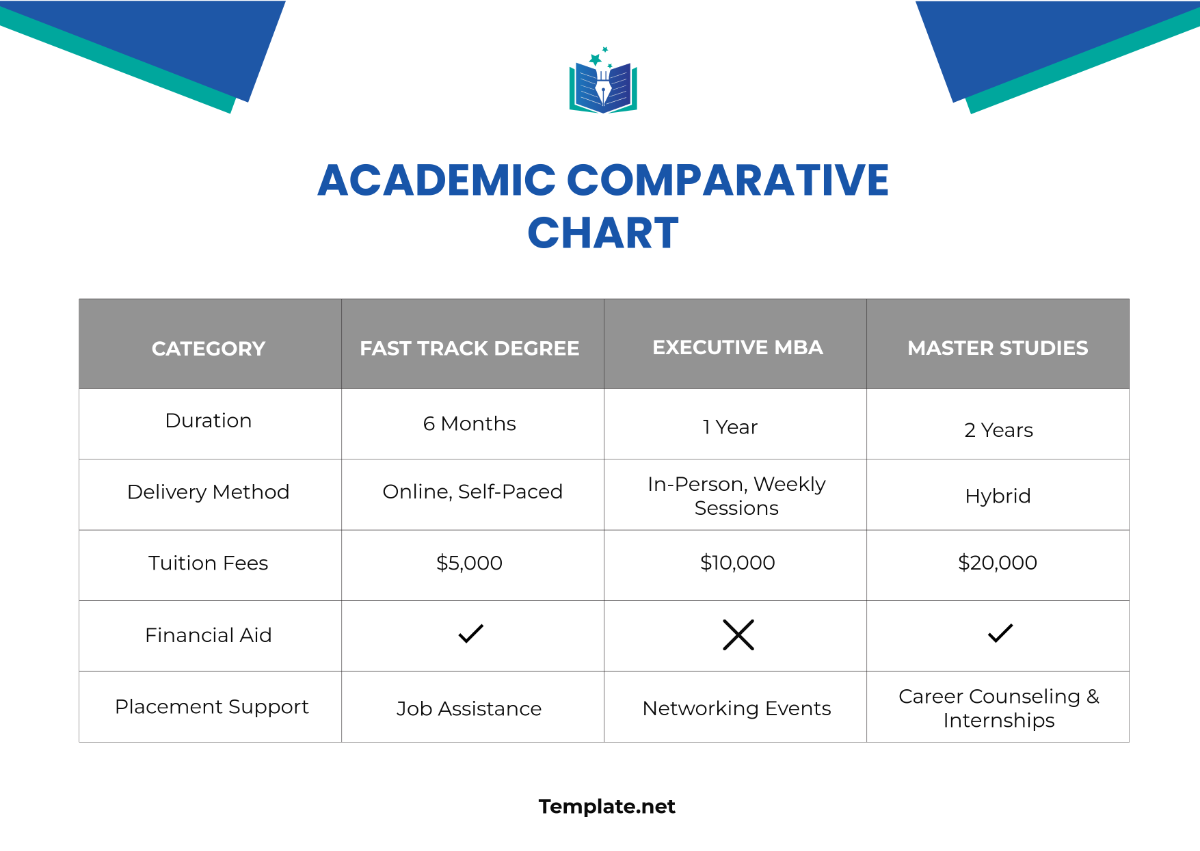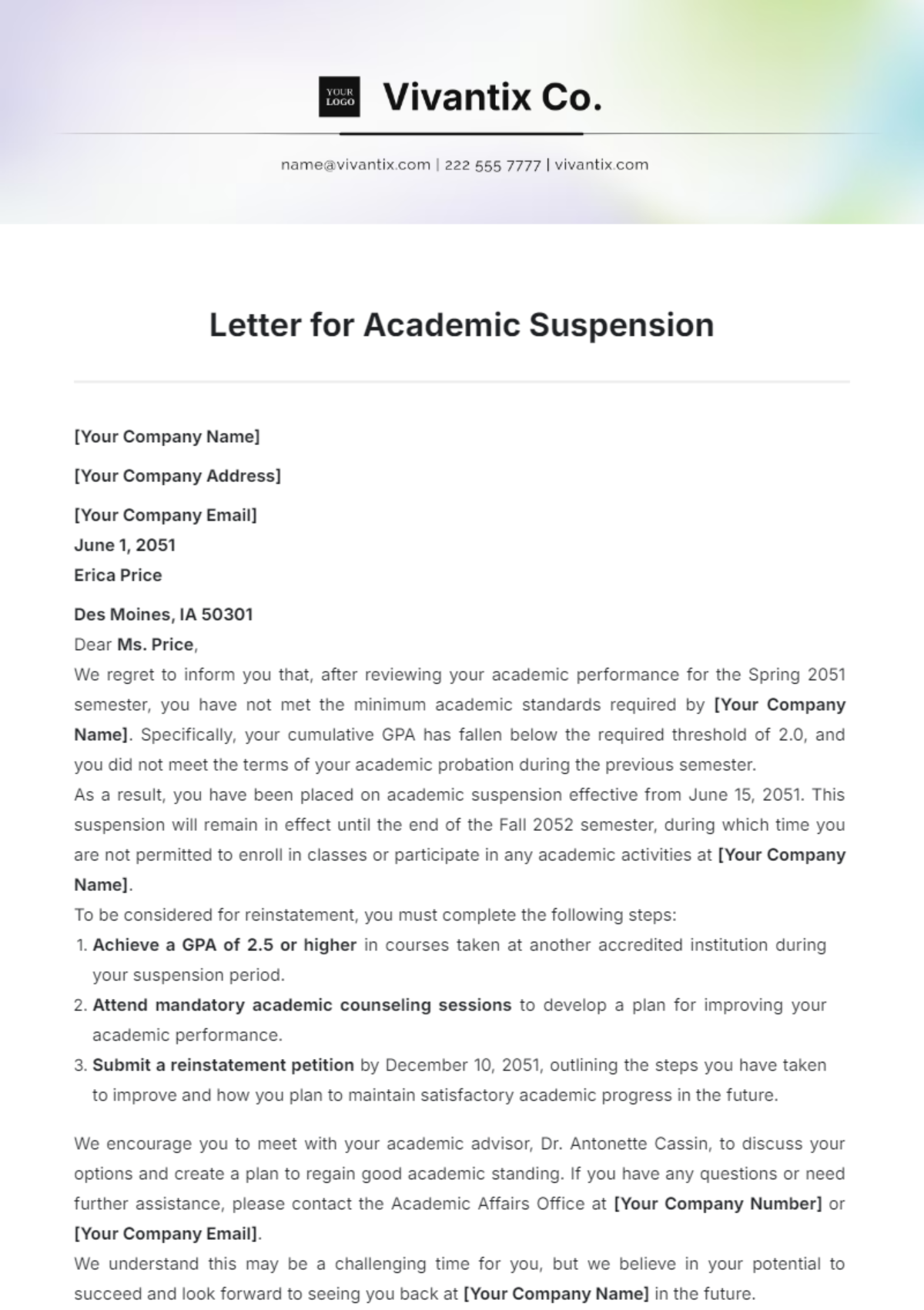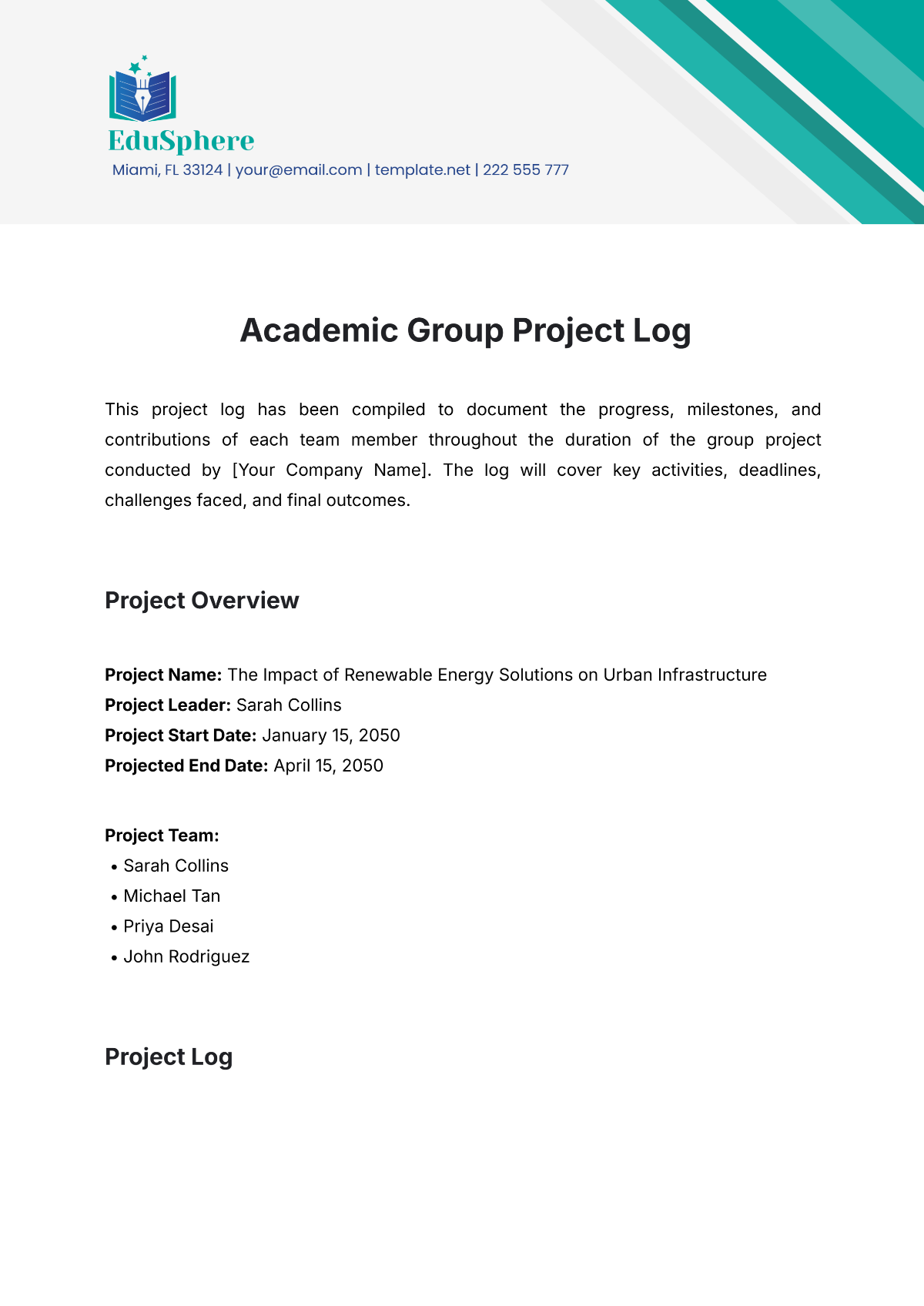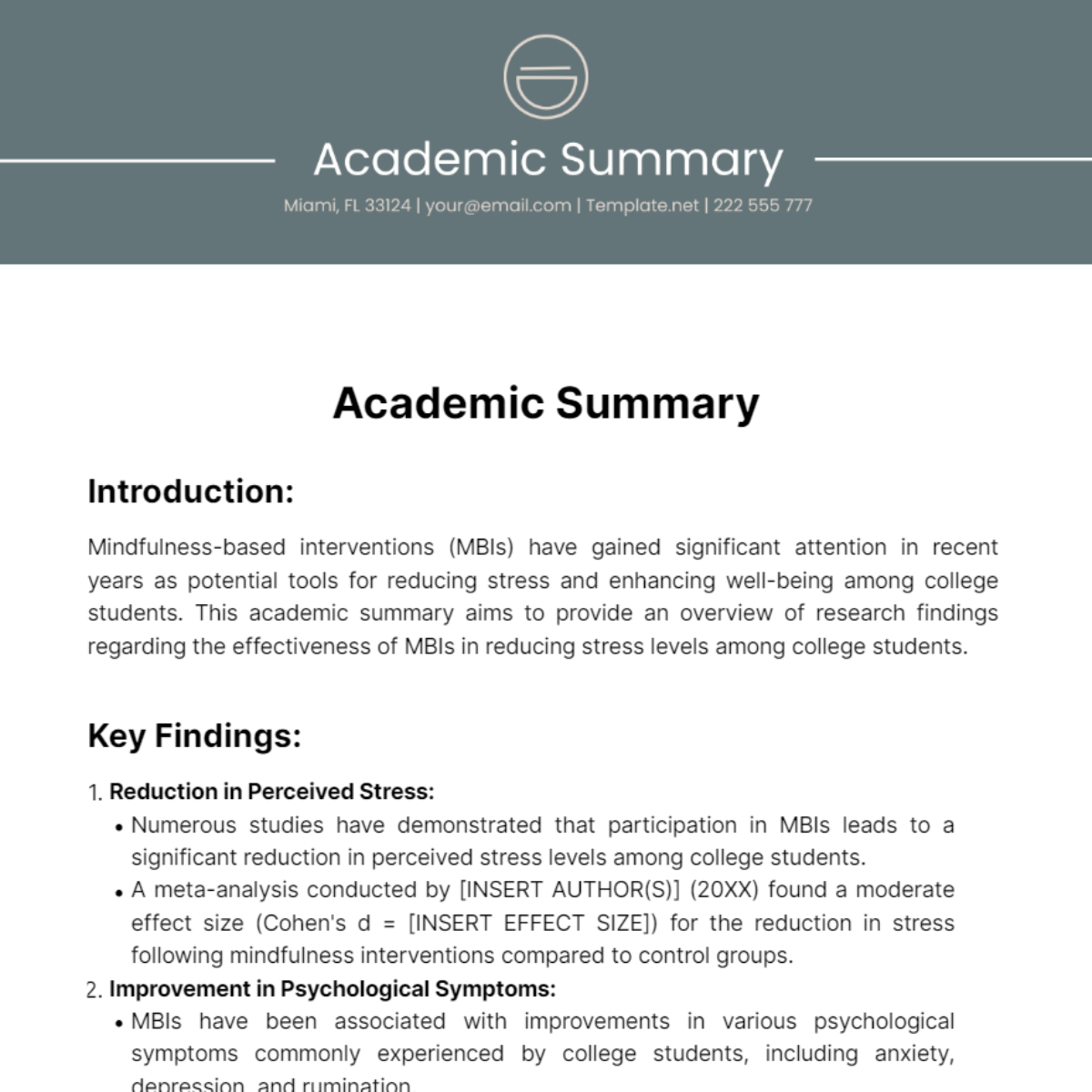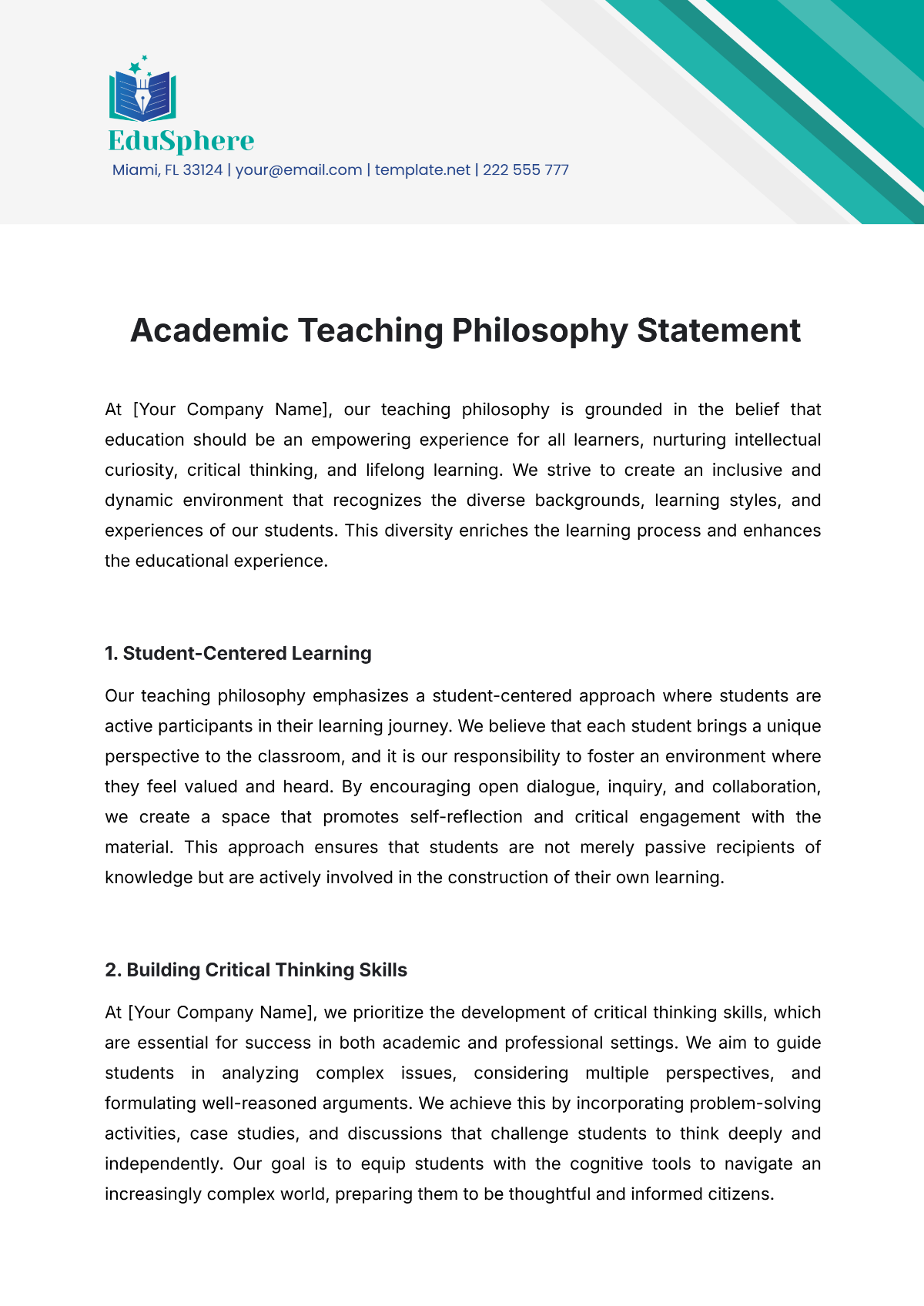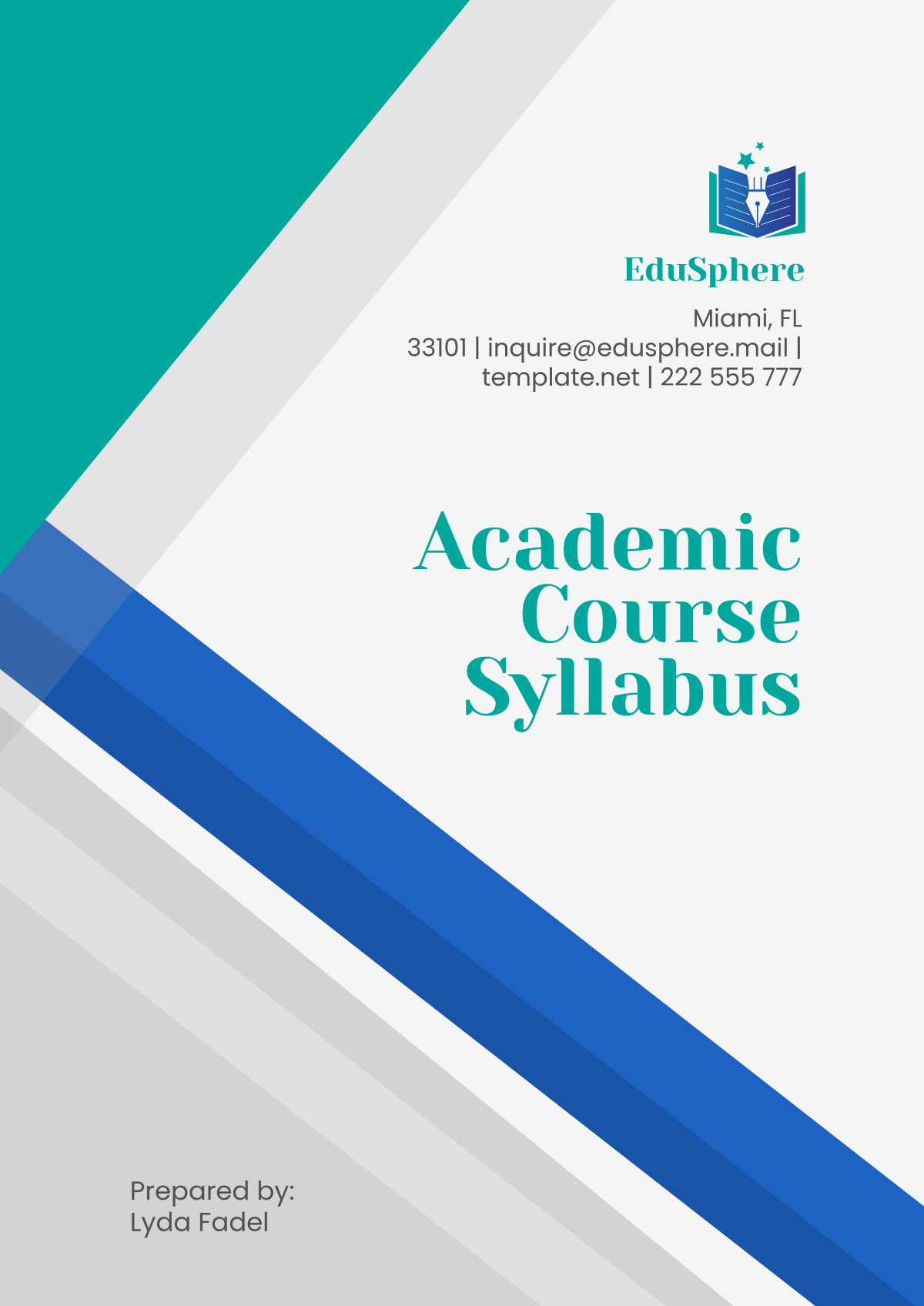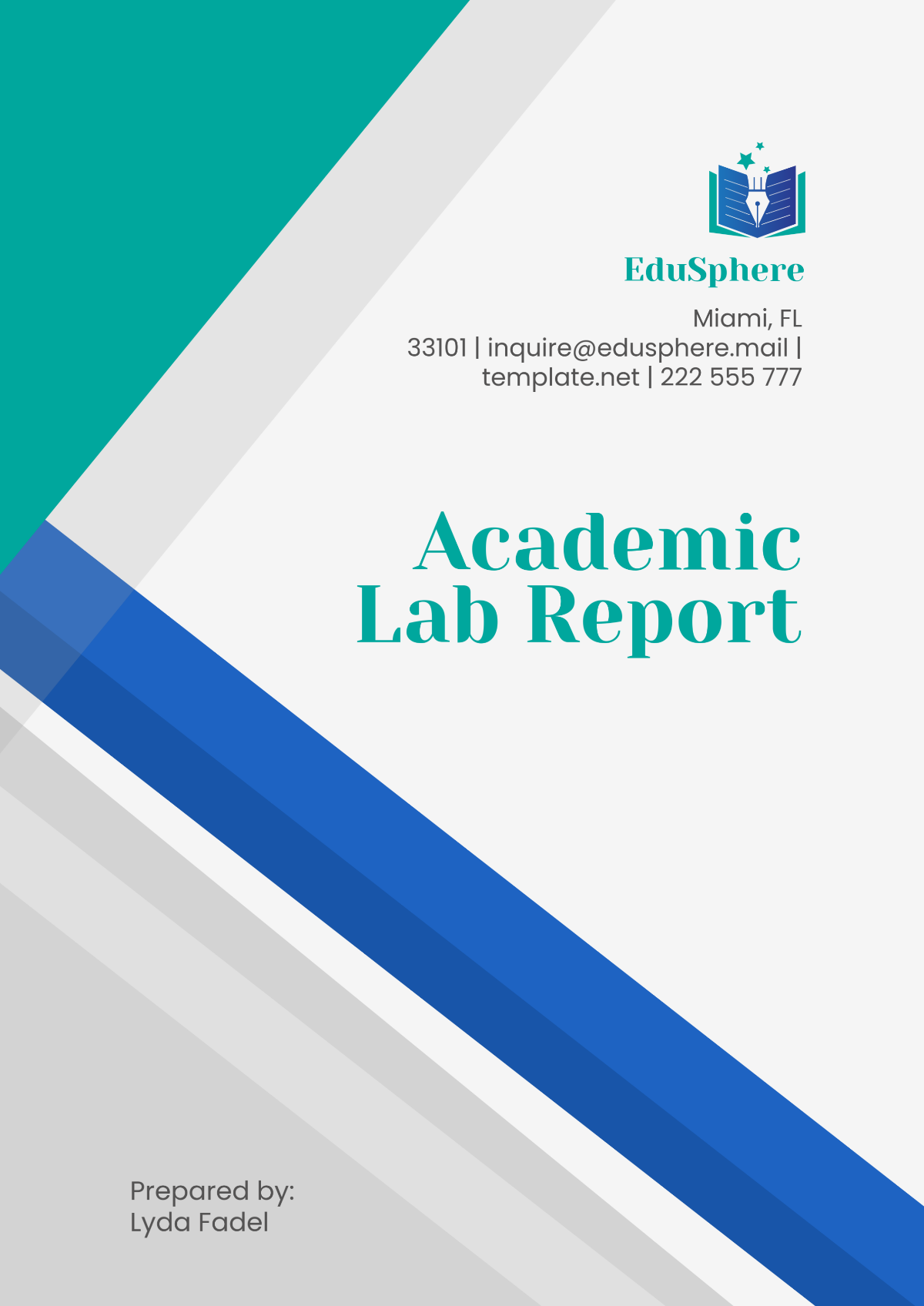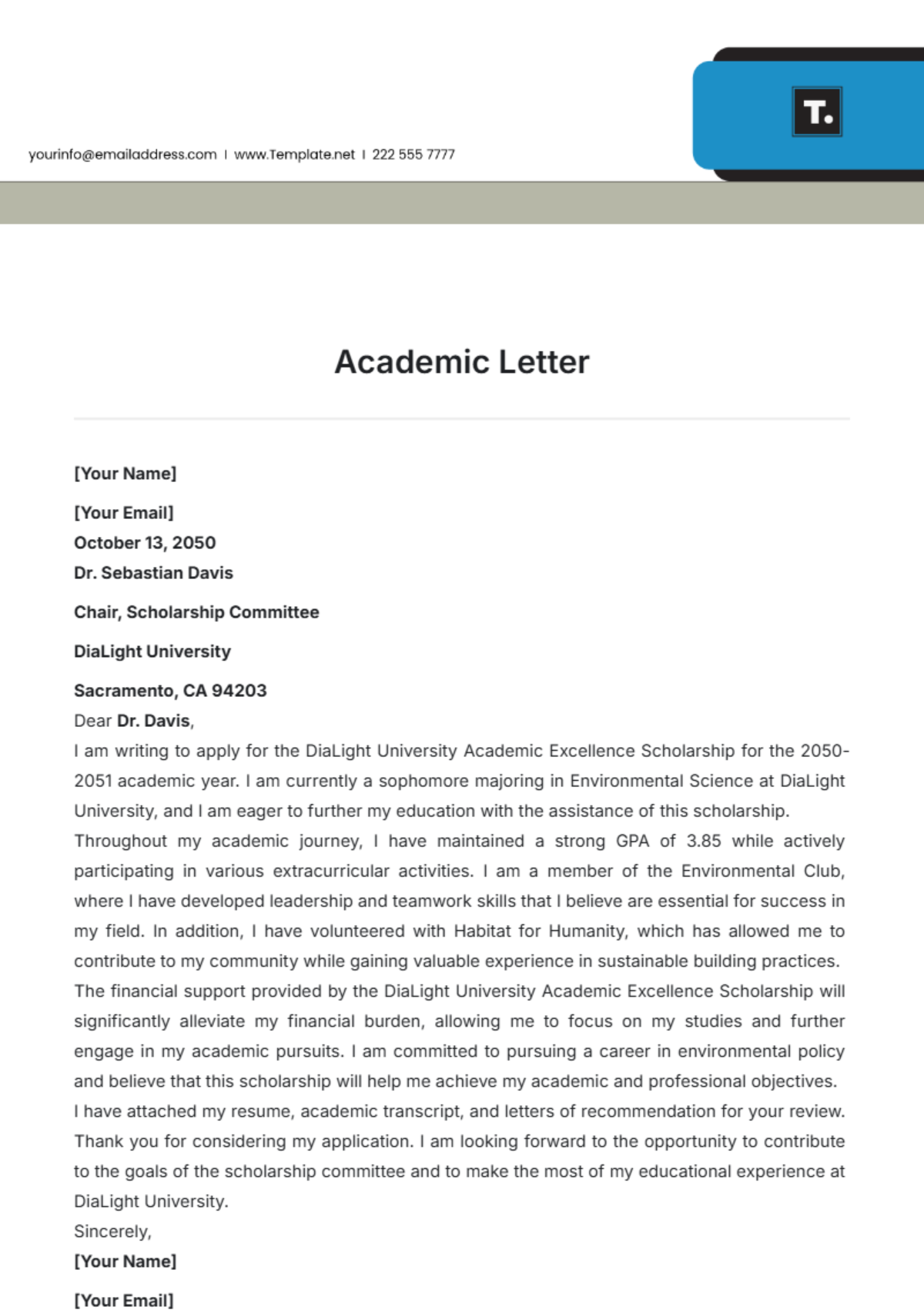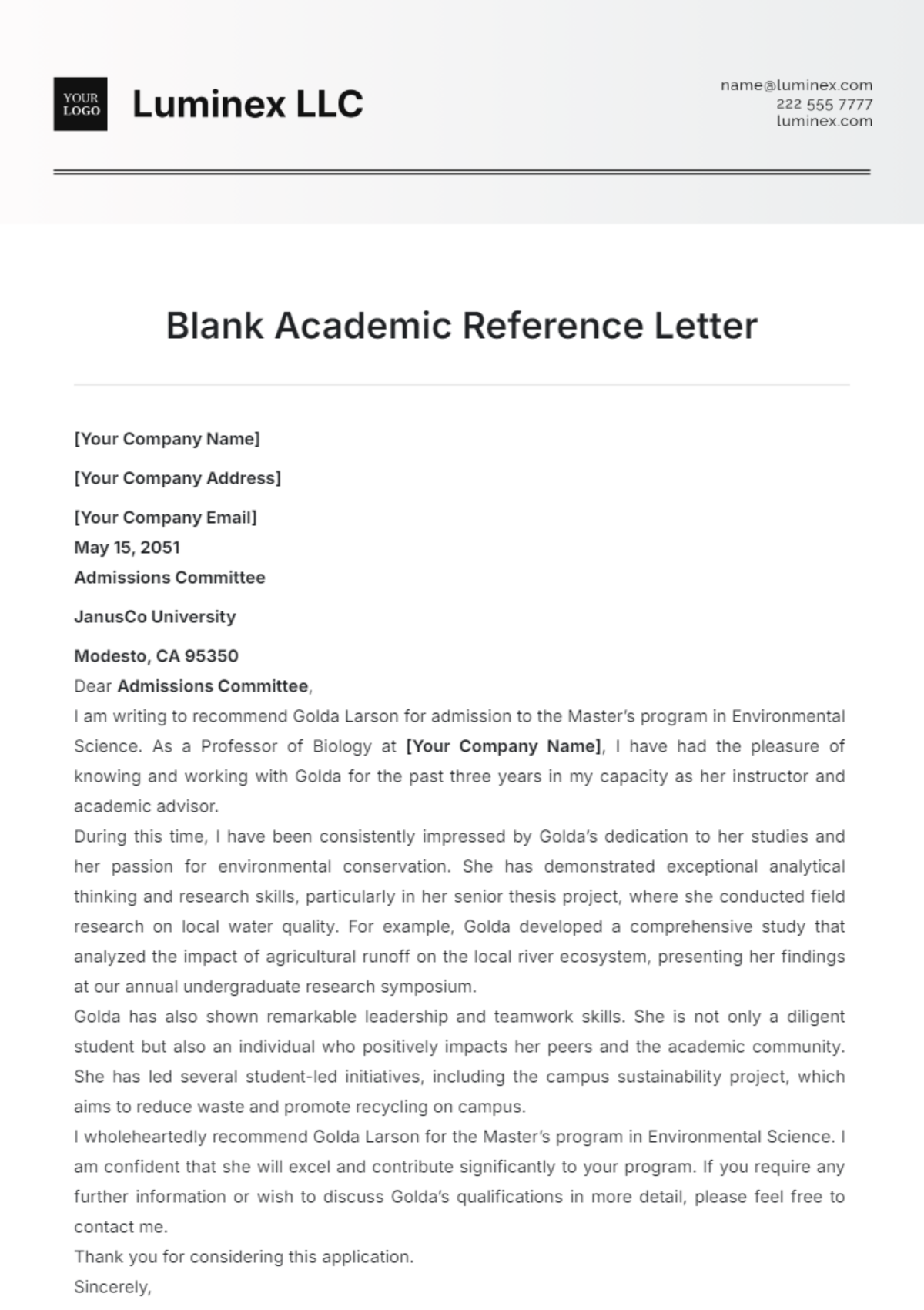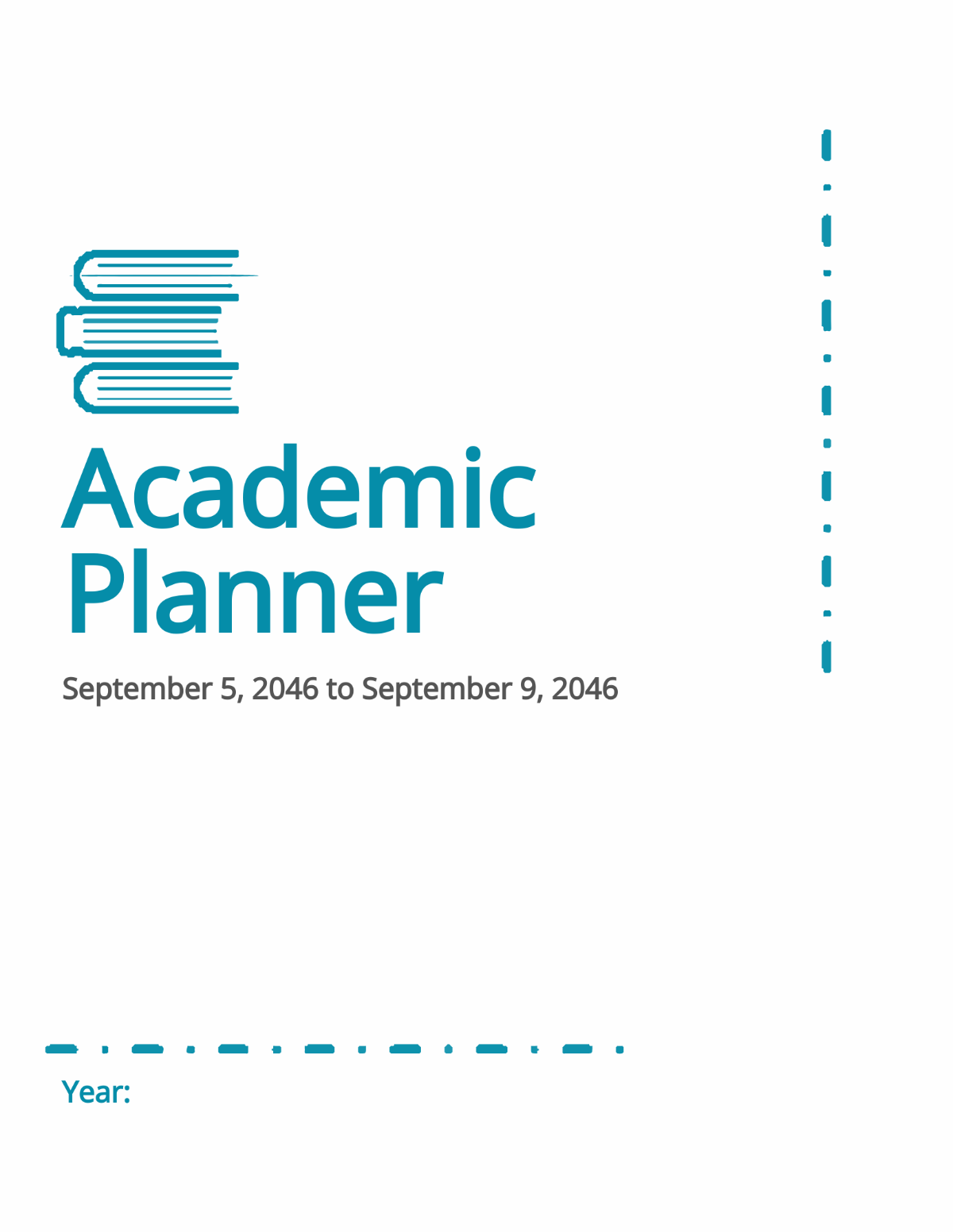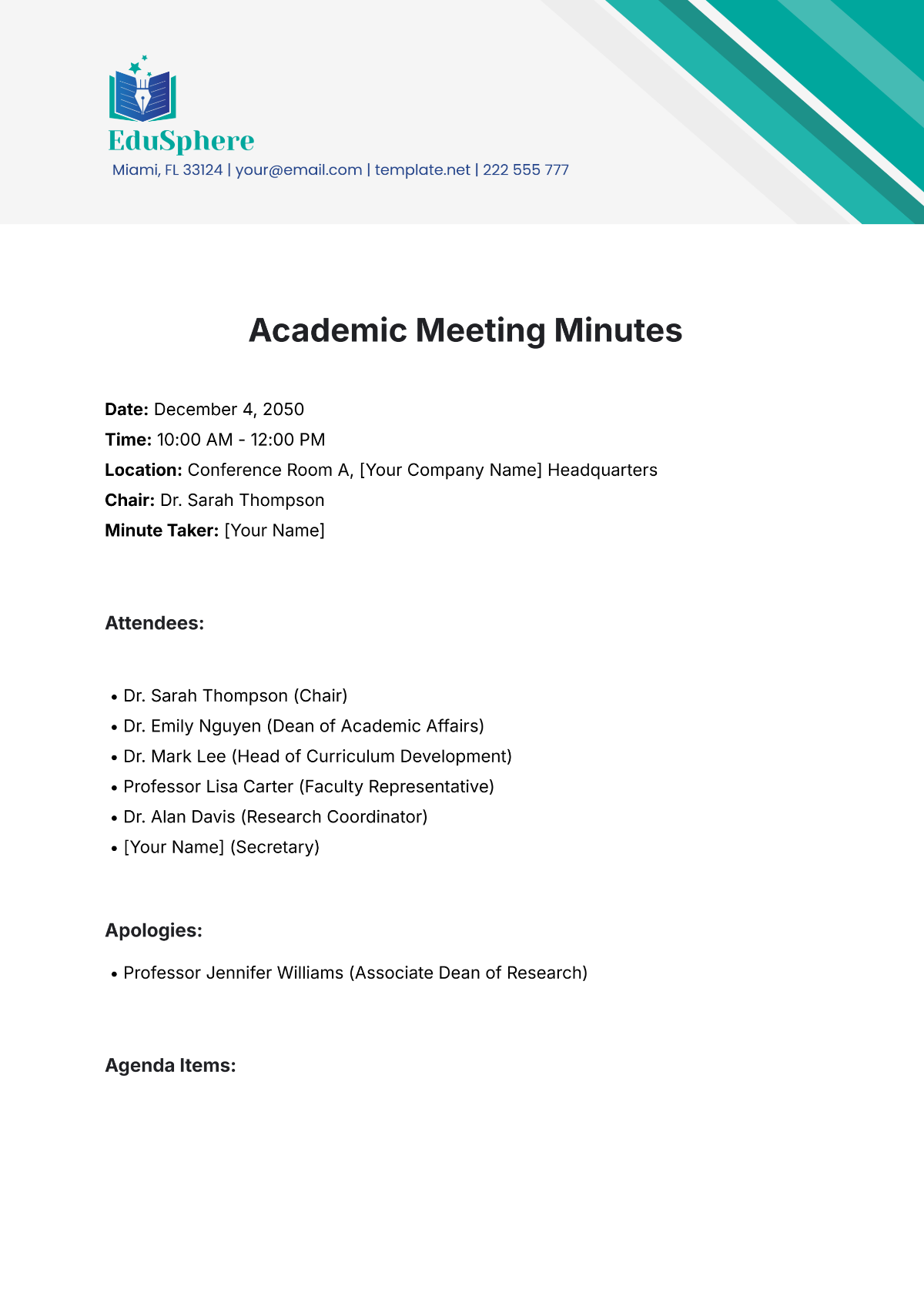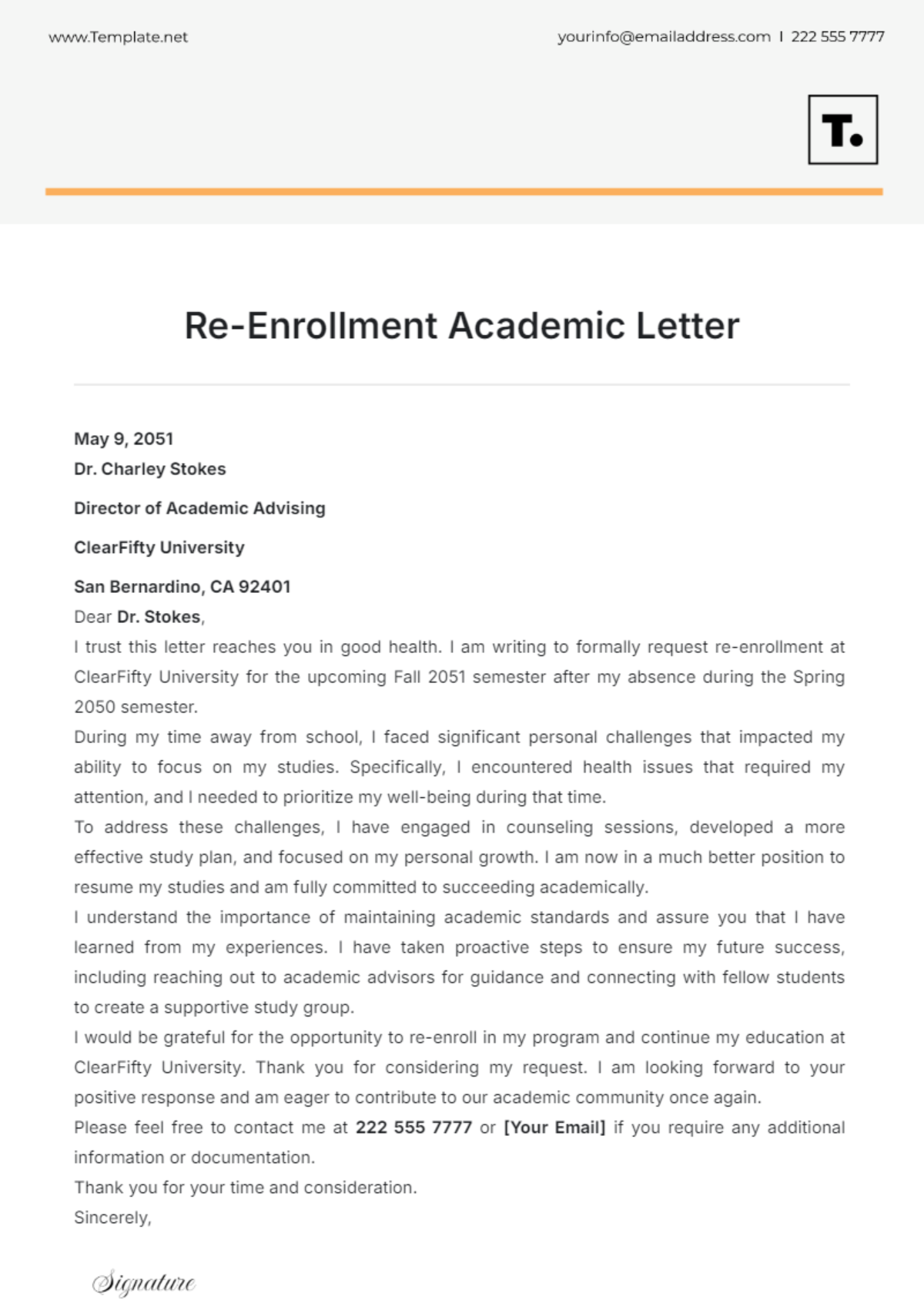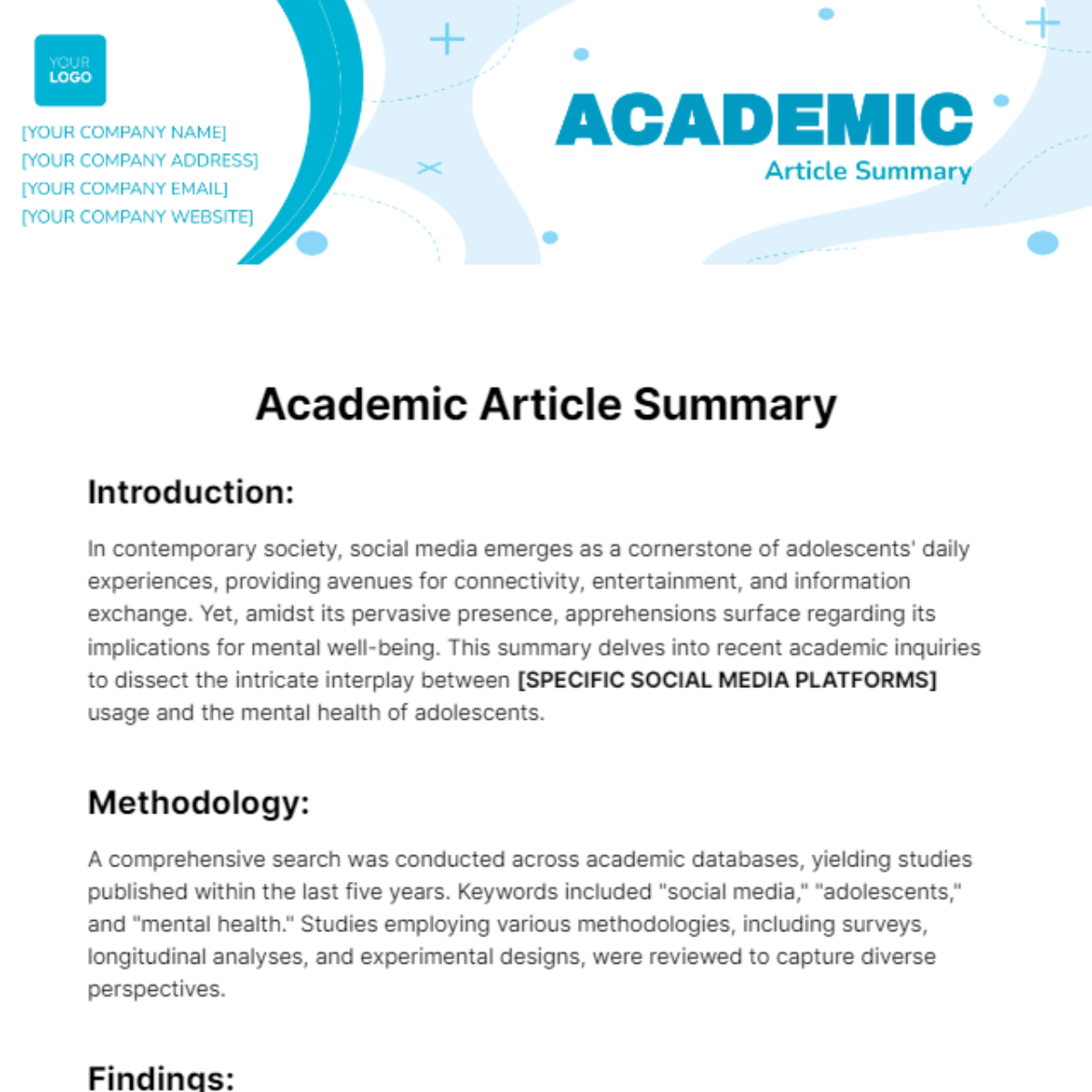Academic Writing in Philosophy
Written By: [Your Name]
Academic writing in philosophy is a critical skill that involves the articulation of complex ideas, the construction of logical arguments, and the analysis of philosophical texts. It is distinguished by its emphasis on clarity, precision, and rigor. This essay explores the essential components of academic writing in philosophy, focusing on the importance of argumentation, the role of textual analysis, and the necessity of scholarly research.
The Importance of Argumentation
One of the bedrock of academic writing in philosophy is the construction and analysis of arguments. Philosophers strive to present their ideas logically and coherently, making sure that each claim is supported by evidence and reasoning. According to Weston (2009), a good philosophical argument should be clear, logically valid, and free from fallacies. This involves not only presenting one's arguments but also critically assessing the arguments of others. Engaging with counterarguments and addressing potential objections are crucial components of this process.
The Role of Textual Analysis
Textual analysis is another fundamental aspect of philosophical writing. Philosophers often engage in close readings of texts, interpreting and critiquing the ideas of both historical and contemporary thinkers. This involves examining the language, context, and implications of philosophical works. As Gutting (2009) suggests, effective textual analysis requires an in-depth understanding of the text, the ability to discern its underlying assumptions, and the skill to articulate how it contributes to broader philosophical discussions.
The Necessity of Scholarly Research
Academic writing in philosophy also necessitates extensive scholarly research. Philosophers must familiarize themselves with a wide range of sources, including primary texts, secondary commentaries, and contemporary scholarship. This research enables philosophers to situate their arguments within the larger discourse, providing a solid foundation for their claims. The use of proper citation methods, such as MLA or APA, is essential in showcasing the depth and breadth of one's research and in giving credit to other scholars (Smith, 2010).
Conclusion
In conclusion, academic writing in philosophy demands a mastery of argumentation, textual analysis, and scholarly research. These elements collectively ensure that philosophical writing is rigorous, insightful, and well-grounded. By honing these skills, philosophers contribute to the ongoing dialogue within the discipline, advancing our understanding of complex philosophical issues.

